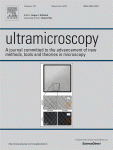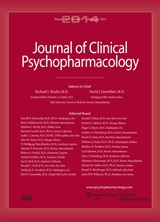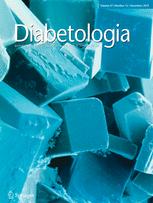 The Office of Research Integrity (ORI) has sanctioned Kaushik Deb, a former post-doc at the University of Missouri-Columbia, who “engaged in misconduct in science by intentionally, knowingly, and recklessly” fabricating data in papers in both Science and Nature (which ultimately rejected his manuscript).
The Office of Research Integrity (ORI) has sanctioned Kaushik Deb, a former post-doc at the University of Missouri-Columbia, who “engaged in misconduct in science by intentionally, knowingly, and recklessly” fabricating data in papers in both Science and Nature (which ultimately rejected his manuscript).
Deb was big news in 2007, when Science retracted his paper. Articles about the case appeared in many outlets, including The Scientist and USA Today. At the time, Missouri’s research integrity officer, Rob Hall, told the Columbia Tribune that: Continue reading Faking data earns stem cell researcher a ban on federal funding







